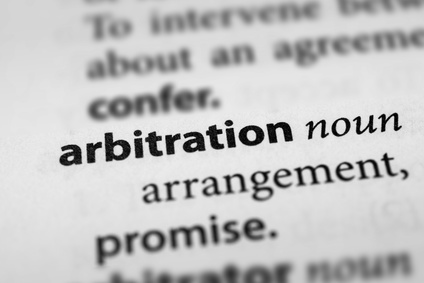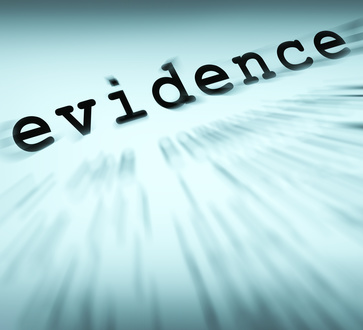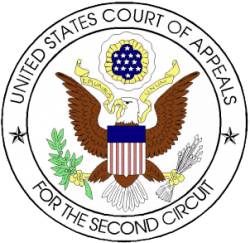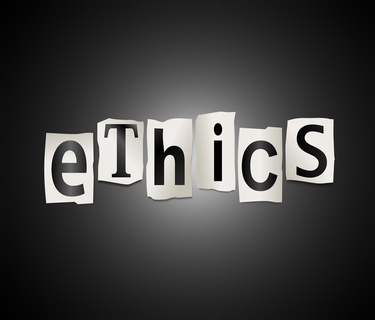The U.S. Court of Appeals for the Second Circuit recently rejected an interpretation of Spokeo that would preclude all violations of statutorily mandated procedures from qualifying as concrete injuries supporting standing. In so ruling, the Court held that some violations of statutorily mandated procedures might entail the concrete injury necessary for standing where Congress conferred the procedural right to protect a plaintiff’s concrete interests, and where the procedural violation presents a material “risk of real harm” to that underlying concrete interest. A copy of the opinion in Strubel v. Comenity Bank is available at: Link to Opinion. As you may…
Posts tagged as “Second Circuit”
The U.S. Court of Appeals for the Second Circuit recently held in a non-precedential opinion that a consumer, in the circumstances of this case, did not have standing to bring putative class action claims after entry of judgment in his favor on his individual claims pursuant to the defendants’ offer of judgment under Rule 68 of the Federal Rules of Civil Procedure.
The U.S. Court of Appeals for the Second Circuit recently confirmed that, in the Second Circuit, an arbitration agreement is no longer binding where the intent of the parties was to arbitrate with only a specific arbitrator and that arbitrator is unavailable. A copy of the opinion in Moss v. First Premier Bank is available at: Link to Opinion. The borrower took out payday loans from an online payday lender. The payday lender relied on banks to serve as middlemen to debit the customer’s account. Two banks each debited the borrower’s account for one payday loan. When the borrower applied for…
The U.S. Court of Appeals for the Second Circuit recently vacated the dismissal of federal Fair Debt Collection Practices Act (FDCPA) allegations that a debt collector’s notice stating the “current balance” of the debt without disclosing that the balance may increase over time due to interest and fees was “misleading” within the meaning of Section 1692e. A copy of the opinion in Avila v. Riexinger & Associates, LLC is available at: Link to Opinion. The defendant debt collector sent collection notices to the plaintiff debtors notifying them that their accounts were placed for collection. The notices stated the “current balance,” but…
The U.S. Court of Appeals for the Second Circuit recently affirmed a district court’s denial of a borrower’s post-verdict motions following the trial of federal Truth in Lending Act and common law fraud allegations. In so ruling, the Second Circuit held that: (1) the trial court properly admitted “habit and routine practice” evidence, over the borrower’s objection that this evidence was actually inadmissible “propensity evidence;” and (2) the trial court properly admitted photocopies of various loan documents into evidence, over the borrower’s objections of lack of authentication and the “best evidence” rule. A copy of the opinion in Crawford v. Franklin…
The U.S. Court of Appeals for the Second Circuit recently held that a debtor in bankruptcy can pursue claims under the federal Fair Debt Collection Practices Act in district court for trying to collect a discharged debt, reversing a judgment dismissing the FDCPA claims and requiring the plaintiff seek relief in bankruptcy court. A copy of the opinion in Garfield v. Ocwen Loan Servicing, LLC is available at: Link to Opinion. The debtor defaulted on her mortgage loan and filed for Chapter 13 bankruptcy, agreeing in her reorganization plan to pay the arrearage on her mortgage in monthly payments. The debtor received…
The U.S. Court of Appeals for the Second Circuit recently reversed dismissal of a federal Fair Debt Collection Practices Act (FDCPA) claim based on the statute of limitations, holding that an FDCPA violation occurs when a bank freezes a debtor’s bank account, not when a debt collector sends a restraining notice to the bank. In so ruling, the Court distinguished the rulings in Maloy v. Phillips, 64 F. 3d 607 (11th Cir. 1995) and Mattson v. U.S. W. Commc’ns, Inc., 967 F. 2d 259 (8th Cir. 1992), which held that an FDCPA violation occurs when the alleged unlawful debt collection…
For several years my attorney ethics presentations and papers have emphasized that lawyer supervision and particularly non-lawyer supervision, in my experience, is an area of concern for attorneys who practice debt collection law. A recent opinion from New York’s Appellate Division, Second Department, concerning the conduct of a debt collection law firm provides an example of the harm that may result from less than robust supervision of attorneys and non-attorney staff. Attorneys who practice debt collection are probably the most “compliance-aware” branch of lawyers today. They are routinely subject to client audits of their practices’ operations and financial records. Some even have ISO…








